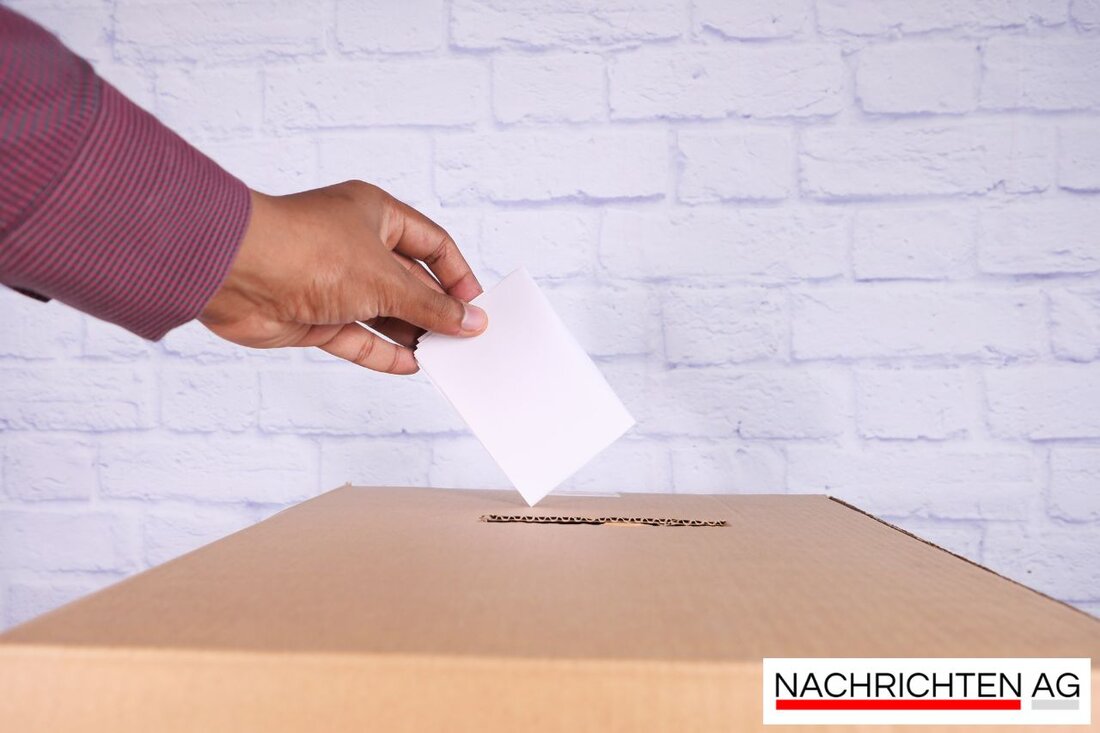First fast-charging park on the A4 near Ronshausen: Refuel electric cars in a flash!
Opening of the first fast-charging park for electric cars in Hesse on June 11, 2025: Six charging stations on the A4 offer modern charging infrastructure.

First fast-charging park on the A4 near Ronshausen: Refuel electric cars in a flash!
Today, important progress for electromobility in Hesse was celebrated: the first fast-charging park for electric cars at an unmanaged rest area was ceremoniously opened. The location is on the A4 near Ronshausen, between the Wildeck-Hönebach and Friedewald junctions in the direction of Bad Hersfeld. Loud Hesse show The charging park has six charging stations that can be used simultaneously, with the ambitious goal of having one charging station available every ten minutes.
The new charging park is part of the “Deutschlandnetz” project, which is led by Autobahn GmbH and aims to create a total of over 1,000 fast charging points nationwide at unmanaged rest areas. A total of 4,000 fast charging points are to be built on motorways in Germany, including those at serviced rest areas. This is not only a step towards a better charging infrastructure, but also a significant contribution to promoting electromobility autobahn.de emphasized.
A look at the charging infrastructure in Hesse
The numbers speak for themselves: As of February 1, 2023, there were almost 12,950 public charging points for electric cars in Hesse - that's 30% more than last year. Of these, almost 3,000 are fast chargers that offer at least 22 kilowatts of power. The majority of these charging points are located in urban areas, particularly in Frankfurt with 1,836 and in the Groß-Gerau district with 1,162 charging points. Compared to other federal states, Hesse ranks fifth in Germany, behind Lower Saxony, Baden-Württemberg, North Rhine-Westphalia and Bavaria.
A key goal of the federal government is a nationwide network of one million charging points by 2030. Over two thirds of the drivers surveyed say that an inadequate charging infrastructure is a hurdle when buying electric cars. Therefore, the expansion of fast charging systems is of great importance for the acceptance of electric vehicles, as a survey by Statista shows.
Future prospects and new developments
The accumulation of charging stations corresponds to the latest technical standards. Each fast charging point has a minimum rated power of 200 kW, while the maximum charging power can even be up to 300 kW when only one vehicle is connected. Payment processes are extremely uncomplicated and can be processed using common, contactless card payment systems. Security and service aspects are also not neglected, as operators are obliged to offer a hotline manned around the clock. Autobahn.de emphasizes that every charging station transmits status information almost in real time in order to directly register any failures.
The new fast charging park in Hesse not only addresses the increasing demand for electromobility, but is also part of the overall “Deutschlandnetz” initiative, which aims to ensure that the next fast charging point can be reached in just a few minutes. Ultimately, it is clear: the better the charging infrastructure, the more people choose an electric car. And that is a good sign for the environment and sustainable mobility.

 Suche
Suche
 Mein Konto
Mein Konto